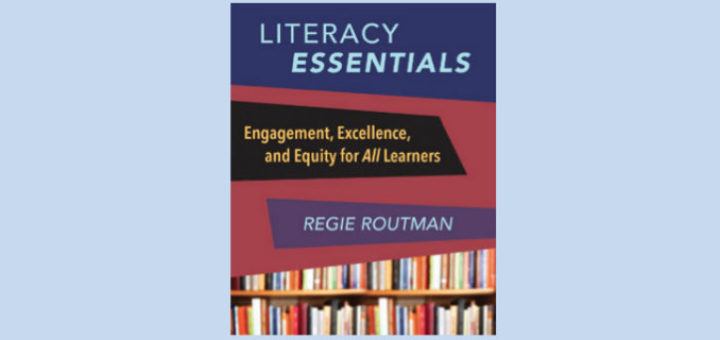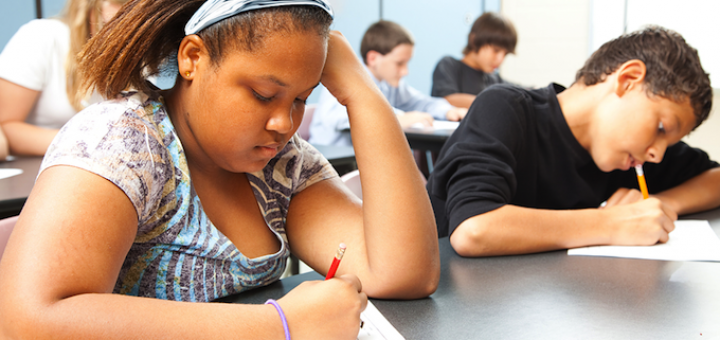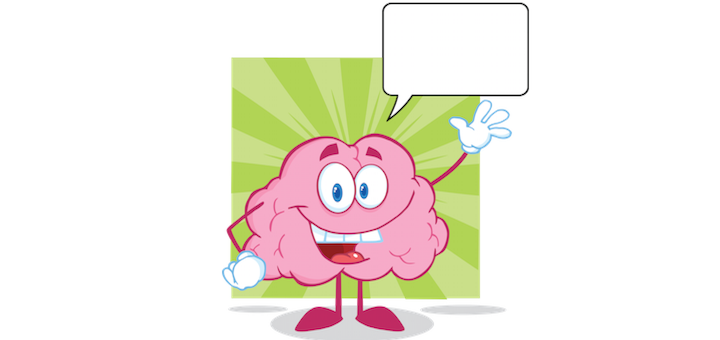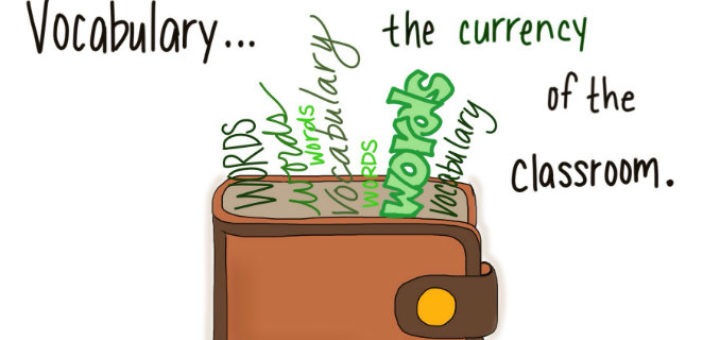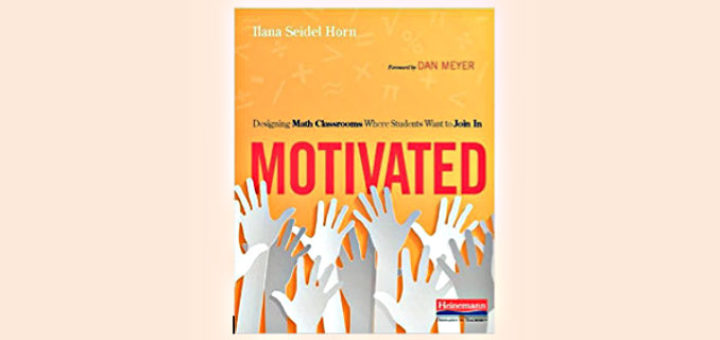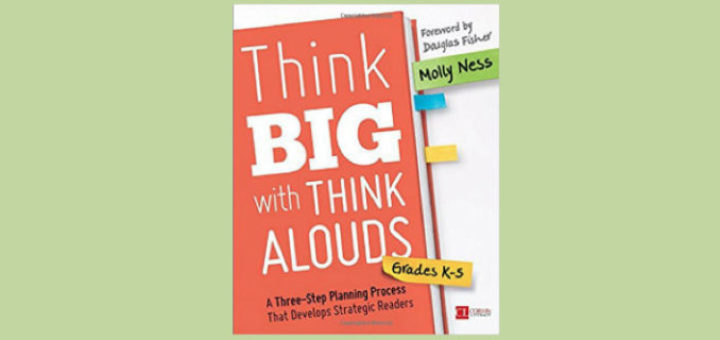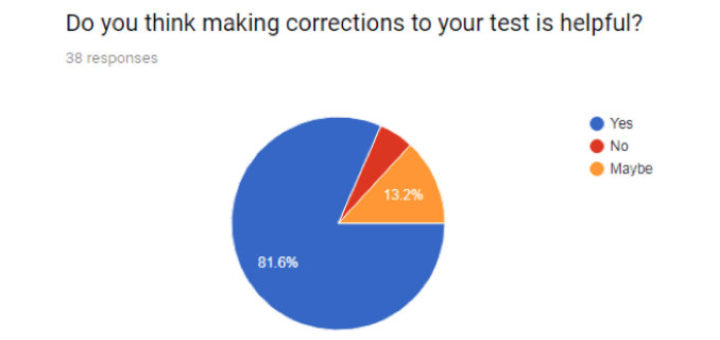Teaching and learning in grades 4-8
If you want your all of your students to love reading and writing and all to be excellent readers and writers, Regie Routman’s new book will inspire, teach, gently cajole, and help you move your literacy teaching forward in service of these goals, says Rita Platt.
We’re always talking to students about study habits, writes Roxanna Elden, but sometimes teachers need better methods for managing our own daily responsibilities. Good news! Embedded in some of the very lectures we give to our students are tips that can work for us, too.
Are your students ready for Common Core ELA assessments? Using the PARCC as a springboard, literacy consultant Sarah Tantillo details a 10-lesson strategy to prep for the Literary Analysis Writing Task and links to other preps at her blog. Teachers in non-PARCC states may also find the ideas helpful.
Barbara Blackburn strongly believes that if we are going to truly support students to higher levels, we must continually assess their learning and use that information to plan our future instruction. She offers eight formative assessment ideas that are easy to integrate.
To create classrooms where vocabulary learning thrives, Valentina Gonzalez recommends an interactive word wall – a large graphic organizer displaying critical vocabulary with related ideas and visuals added by students. Great across subjects, for ELLs and everyone else!
With spring fever looming, Cheryl Mizerny breaks out her teacher-tested collection of apps and tools that can make her classroom more interactive, relevant and engaging – and her students more eager to learn. Check out Quizizz, Inklewriter and other digital all-stars.
Calling on her background as a researcher specializing in authentic math for all students, Ilana Seidel Horn provides detailed explanations of why detached students resist engagement and offers thoughtful responses that teachers in any subject can use, says reviewer Patti Mosko.
Teacher think alouds should not be spur of the moment but carefully planned events built around specific objectives and your thoughtful analysis of the text in question. Molly Ness’s 3-step process will fully prepare you to wow your students, says reviewer Linda Biondi.
How do we help kids become skillful at evaluating their own work and performance against clearly established criteria? Curtis Chandler highlights quality self-assessment practices, sharing how-to’s and apps for rubrics, portfolios, data notebooks, concept maps and more.
Michelle Russell has always had her students figure out corrections to problems missed on math tests. Wondering how much the routine helps the students learn, she surveys the kids and sets out to tweak the process. Do her plans match your practice?

